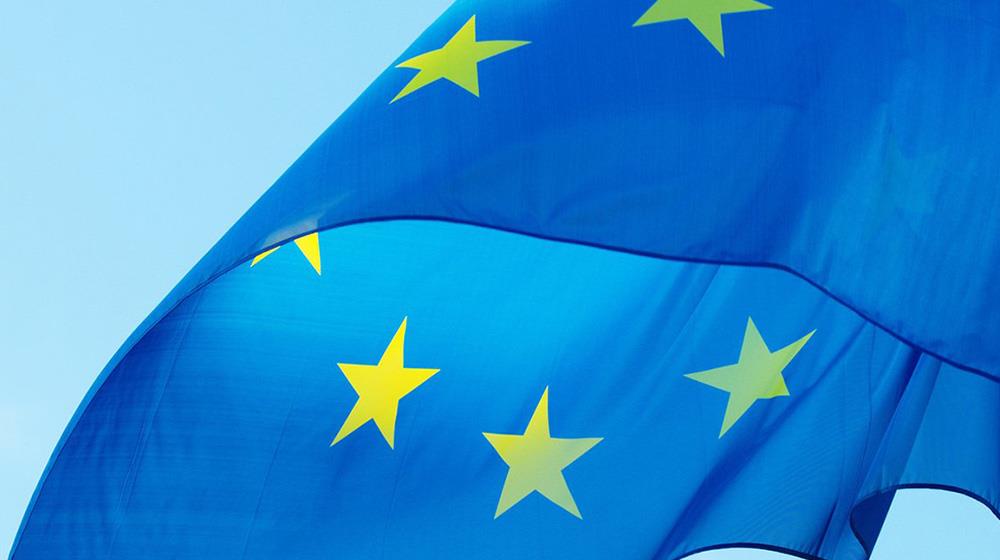Some 93% of Cypriots are in favour of a more active role of the EU in preparedness efforts for future crises, according to a new Eurobarometer conducted for the European Commission.
The percentage in Cyprus is the largest among the EU member states, and significantly higher than the EU average (82%).
Also, 92% in Cyprus (79% in the EU) agrees with the EU having a more active role in providing information and guidance to citizens, in addition to member states.
According to the Eurobarometer, Cypriots also expect the EU’s response to be effective in the eventuality of a pandemic or natural disasters, but have lower expectations when it comes to violent conflict, a trend which is consistent across all member states.
More specifically, when asked whether the EU should be more involved in preparedness efforts for future crises, through actions such as raising awareness, organising training and crisis simulation exercises, 50% of Cypriots said they totally agree and 43% that they tend to agree. The corresponding percentages in the EU were 28% and 53%. The lowest percentages were recorded in Austria (23% and 48%, a total of 71%).
Responding to a question on whether the EU should play a more active role in providing information and guidance to citizens in a major crisis, in addition to communication by national authorities, 54% of Cypriots said they totally agree and 38% that they tend to agree (27% and 52% on the EU average, 19% and 47% in Austria which had the lowest share, a total of 66%).
EU effective on pandemics - natural disasters, less so in violent conflict
Responses varied significantly regarding how effective Cypriots believe that the EU would be depending on the crisis affecting Cyprus and surrounding countries.
When it comes to providing relief for large natural disasters such as floods, wildfires and earthquakes, 13% in Cyprus said that the EU would be very effective and 56% said it would be rather effective, (69% positive), compared to 21% that said it would be rather ineffective, 6% ineffective, and 4% that said they didn’t know.
On average in the EU, 14% said that the EU would be very effective and 54% said it would be rather effective, (68% positive), compared to 19% that said it would be rather ineffective, 8% ineffective, and 5% that said they didn’t know. Cyprus was a little above the EU’s average.
Regarding the EU’s potential for managing health emergencies such as the COVID-19 pandemic or other epidemics, Cyprus had significantly higher percentages than the EU average, ranking 7th out of 27 member states. Responding to the question, 16% in Cyprus said that the EU would be very effective and 51% said it would be rather effective, (67% positive), compared to 22% that said it would be rather ineffective, 9% ineffective, and 1% that said they didn’t know.
On average in the EU, 12% said that the EU would be very effective and 49% said it would be rather effective, (61% positive), compared to 24% that said it would be rather ineffective, 11% ineffective, and 3% that said they didn’t know.
Finally, when it came to dealing with the impact of violent conflicts, giving as an example Russia’s invasion of Ukraine, Cyprus had the third lowest percentage among member states. Only 4% in Cyprus said that the EU would be very effective and 33% said it would be rather effective, (37% positive), compared to 41% that said it would be rather ineffective, 18% ineffective, and 4% that said they didn’t know.
On average in the EU, 9% said that the EU would be very effective and 39% said it would be rather effective, (48% positive), compared to 32% that said it would be rather ineffective, 14% ineffective, and 6% that said they didn’t know.
Expectations in member states were generally low in this area. In Romania, the country with the highest percentage among the member states, 18% said that the EU would be very effective and 46% said it would be rather effective, (64% positive), compared to 23% that said it would be rather ineffective, 10% ineffective, and 4% that said they didn’t know.
(Source: CNA)









